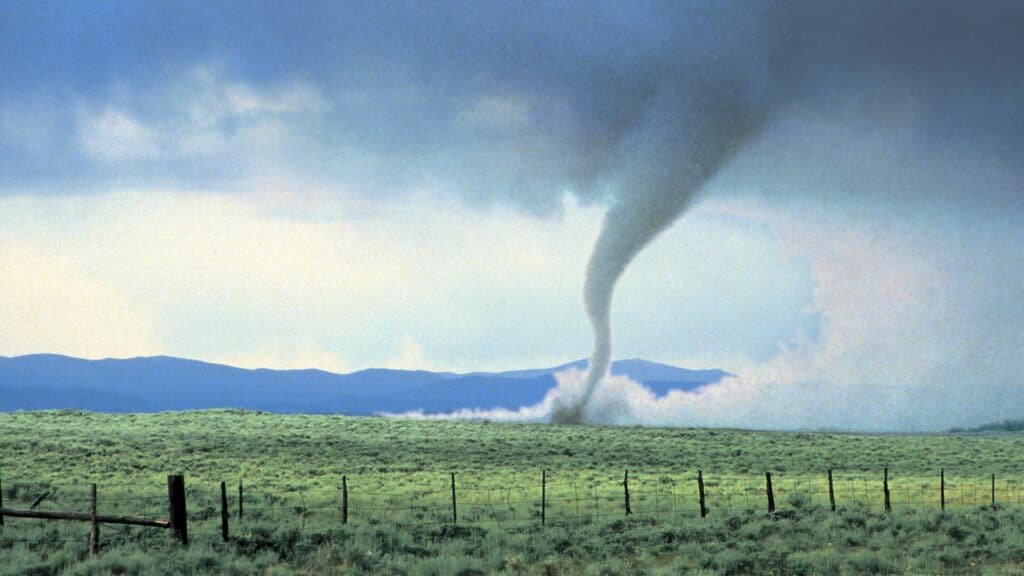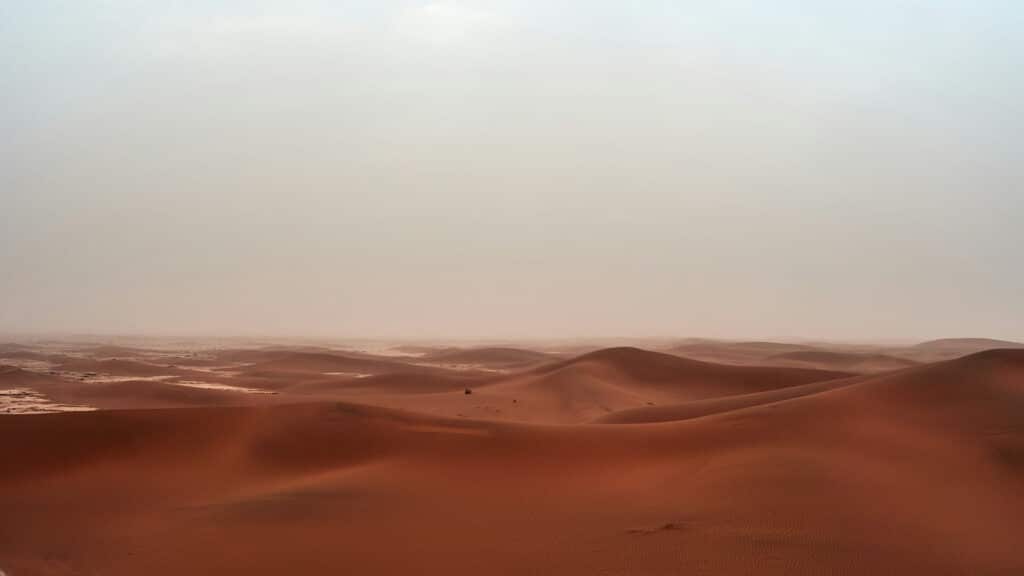New research indicates that climate change is affecting not only Earth’s oceans, wildlife, and agriculture but also its upper atmosphere, with significant implications for satellite operations. A study published this month in the journal Nature Sustainability reveals that increasing greenhouse gas concentrations are causing the upper atmosphere—the stratosphere, mesosphere, and thermosphere—to cool and contract. This contraction reduces atmospheric drag on space debris, allowing it to remain in orbit longer and increasing the risk of collisions.
“As greenhouse gas concentrations rise, they warm the troposphere where we live but cool and contract the upper atmosphere,” William Parker, a doctoral candidate in MIT’s Department of Aeronautics and Astronautics (AeroAstro), said. “The thermosphere plays a crucial role in creating drag on orbital debris, gradually removing it from space. However, as the atmosphere contracts due to increasing greenhouse gas emissions, debris remains in orbit longer, increasing the risk of a runaway cascading collision scenario.”
MIT researchers utilized simulations of carbon emissions over extended periods to assess the impact on satellite-carrying capacity in low Earth orbit (LEO). They estimate that by 2100, the capacity of the most utilized orbital regions could decrease by 50 to 66 percent due to the effects of greenhouse gases.
Parker emphasizes the urgency of addressing this issue: “The sky is quite literally falling—just at a rate that’s on the scale of decades. And we can see this by how the drag on our satellites is changing.”
To mitigate these risks, scientists suggest launching fewer satellites and implementing more sustainable space practices. This proactive approach aims to preserve the long-term viability of satellite operations and prevent a potential cascade of collisions in Earth’s increasingly crowded orbital space.











